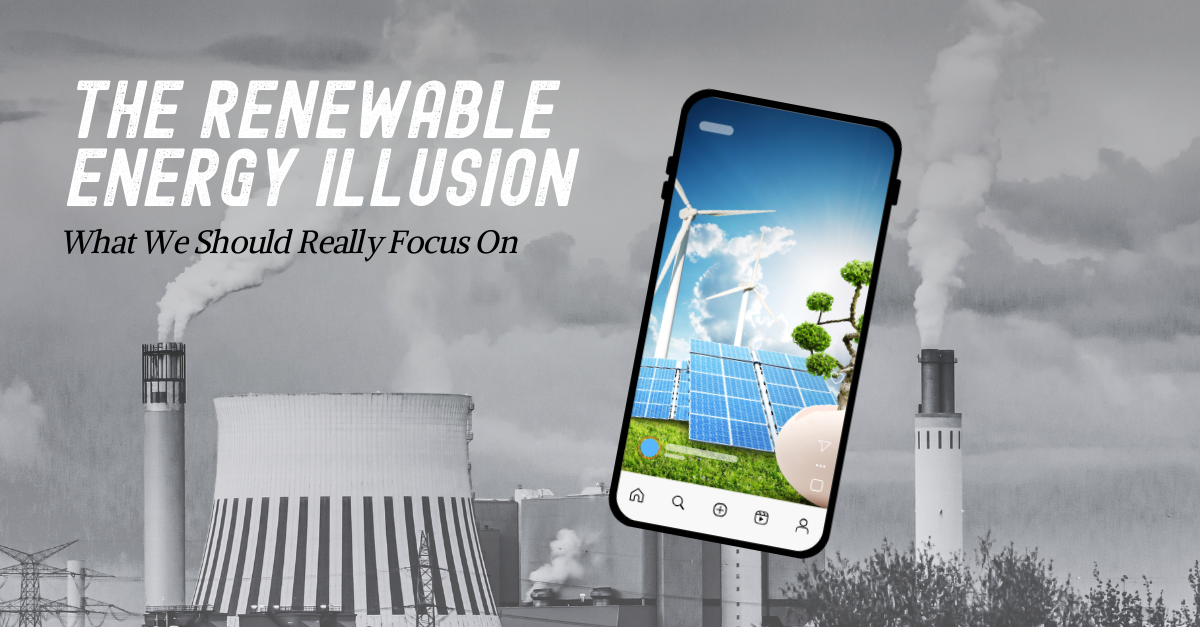The Renewable Energy Illusion
By Taka
In Thailand, students finish their last semester in March and go on a long vacation until the new semester begins in May. Since the launch of our Saving Energy 101 initiative designed to instill the importance of energy conservation and raise environmental awareness, I have engaged with nearly 3,000 enthusiastic students so far.
Among the many memorable experiences, one thing stood out to me as both interesting and concerning. During our Saving Energy 101 workshop, I challenged students with six quizzes, one of which asked them to identify Thailand’s primary source of electricity generation from three options:
Coal & Gas
Solar Panels
Windmills
Surprisingly, many students struggled to answer correctly. This seems to be due to the overwhelming use of windmills and solar panels in media and social media as symbols of green energy, which misleads many into believing they are the dominant energy sources. In reality, according to the International Energy Agency (IEA), over 80% of Thailand’s electricity in 2022 was generated by burning fossil fuels including natural gas, coal, and oil. Solar and wind energy accounted for only 4.3% of the total energy supply in 2022. In addition, Thailand is not well-suited for large-scale wind energy production partially because of its geographic location.
We cannot ignore the facts. While the urgent need to reduce greenhouse gas emissions is undeniable, the reality is that our modern lifestyles still depend heavily on fossil fuels. Interestingly, I’ve noticed a peculiar trend. Many Thai professionals and expats working in Thailand use images of windmills or solar panels as their LinkedIn background photos to project a "green" image. At the same time, they continue to post photos in formal business attire while staying in excessively air-conditioned rooms to escape Thailand’s scorching heat. Iconically, the low AC settings they rely on consume a substantial amount of electricity. This contradiction makes me question: Is this a subtle form of individual greenwashing?
Building a sustainable future must be grounded in reality, not illusion. That’s why I find our Saving Energy 101 initiative vital for students to provide them with accurate information about energy and the environment. I look forward to engaging with many students in the upcoming 2025 academic year!


